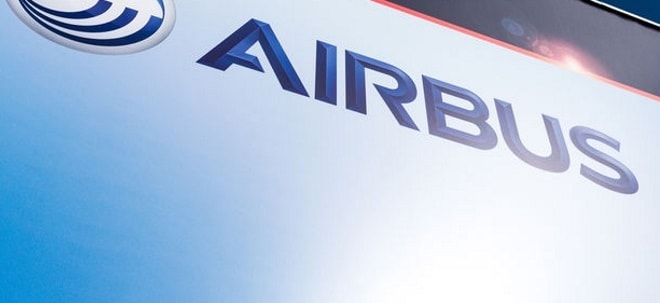High-flying Chinese gaming stocks came crashing back to earth in Hong Kong Thursday after the disastrous U.S. IPO of mobile-game maker King Digital Entertainment left investors second-guessing the sector’s lofty valuations.
While still up more than 100% from a year ago, Tencent, China’s largest online-games and social-networking company, had US$7.8 billion wiped off its market cap Thursday as its share price fell 5.9%. At its height, on March 6, the company was worth US$152 billion.Software maker Kingsoft Corp.slid 9,8%...A look at Chinese game developer IGG shows how frothy the sector had gotten. The stock has risen 50% in three months, trading at more than 100 times the slim profit it posted in its recent fiscal year. Shares of IGG, which in January said it would license one of its games exclusively to Tencent, slid 14.3% Thursday.
While the Hong Kong response to these pieces of news might simply be a much-needed reality check—as investors realize how much they’ve bid up the prices of Internet stocks—it’s important to parse the difference between game developers and gaming platforms. Time and again gaming companies like King Digital have had difficulty following up one hit game with another.
Unlike Zygna, though, Tencent controls a platform—its popular messaging application WeChat—that it can use to drive traffic to the pipeline of games it’s gained in its deal with CJ Games.
Investors may be uncertain whether that pipeline is worth $500 million. Tencent has experience drawing users with games on personal computers, but many of them have loyal, hardcore fans, meaning the games are less faddish than the more casual ones played on smartphones.
So, Tencent’s investment could look foolish a year from now—but with China’s mobile-gaming market forecast by CLSA to double to 22 billion yuan ($3.5 billion) in 2014, and then grow 60% annually for the next three years, China’s largest online-games company can’t afford to ignore it.
http://blogs.wsj.com/moneybeat/2014/03/27/...tech-plays/?mod=yahoo_hs


 Thread abonnieren
Thread abonnieren

